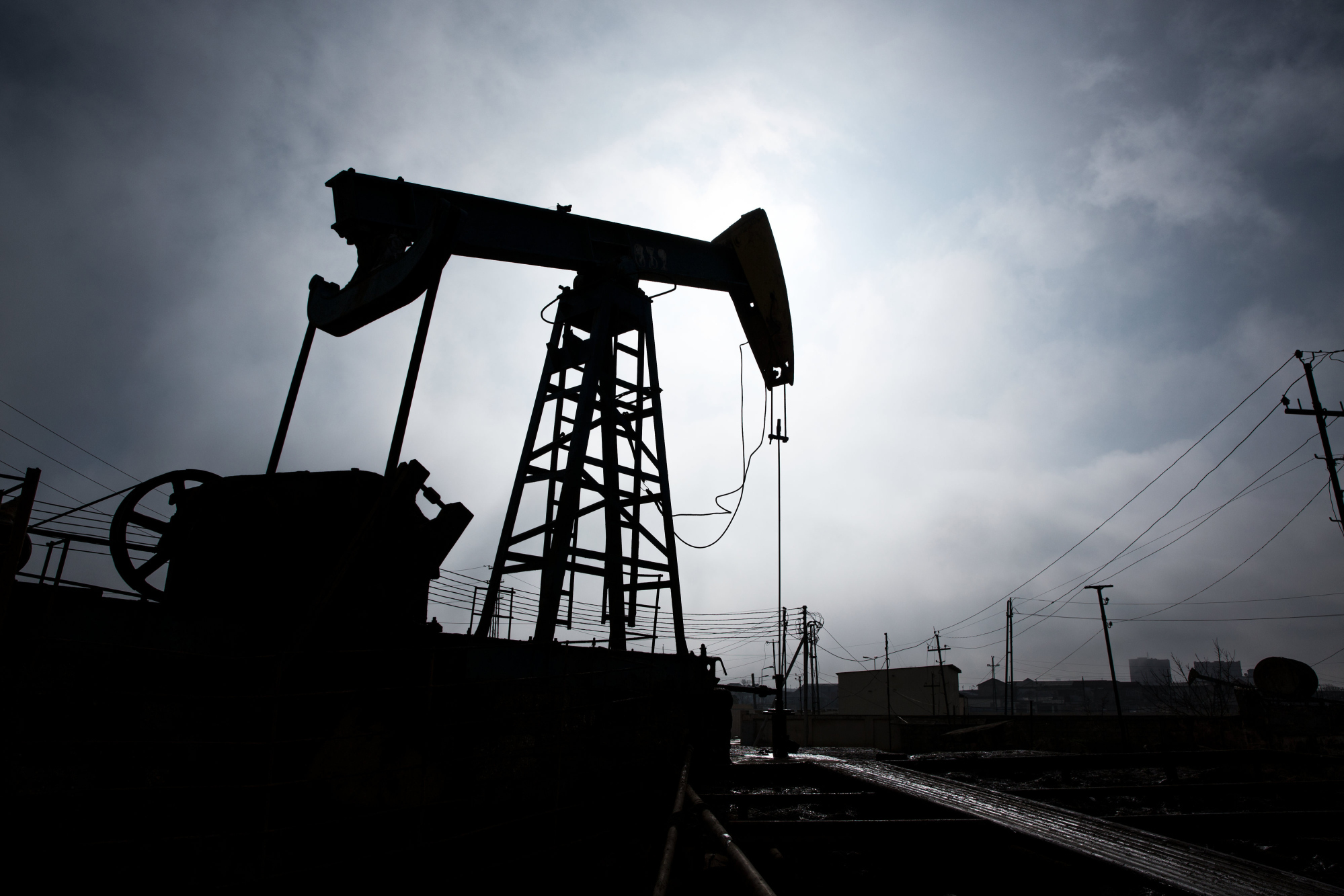Azeri President Ilham Aliyev added 12 women to the organizing committee of the COP29 climate summit, to be held in Baku later this year, after his government was criticized for including none in the original line-up.
The team now has 41 members, according to the president’s website. The women are mostly government officials and members of parliament.
The She Changes Climate campaign group this week slammed the country’s failure to appoint women as “regressive.” The organization demanded equal representation in COP29 governance, saying “climate change affects the whole world, not half of it.”
Azerbaijan’s stewardship of this year’s United Nations summit has already sparked controversy as the Caspian Sea nation is heavily dependent on fossil fuels. It’s the third oil and gas exporter in a row to host the talks — after the United Arab Emirates and Egypt — and has little experience in climate diplomacy.
In an effort to improve the country’s climate credentials, executives from state energy company Socar met with US Deputy Special Envoy for Climate Rick Duke at the World Economic Forum earlier this week. They also sat down with Boston Consulting Group — which worked with COP28’s leadership — to discuss “advancement of the green economy.”
In discussions with Rich Lesser, Global Chair of @bcg, we delved into collaborative projects in climate change mitigation and emissions assessment, focusing on advancement of the green economy through digital and innovative technologies. Additionally, we explored potential… pic.twitter.com/J7bIPYJVPO
— Rovshan Najaf (@RovshanNajaf) January 17, 2024
Speaking to local media on Jan. 10, Aliyev defended the role of oil and gas-exporting countries in hosting climate talks, saying they’re also seeking to develop clean-energy sources.
Azerbaijan is the largest oil producer in the former Soviet Union after Russia and Kazakhstan, and has emerged as a gas exporter to Europe since 2020. The country shipped almost 12 billion cubic meters of gas to the region last year and plans to increase that to 20 billion cubic meters by 2027.
Recommended for you




 © Bloomberg
© Bloomberg






